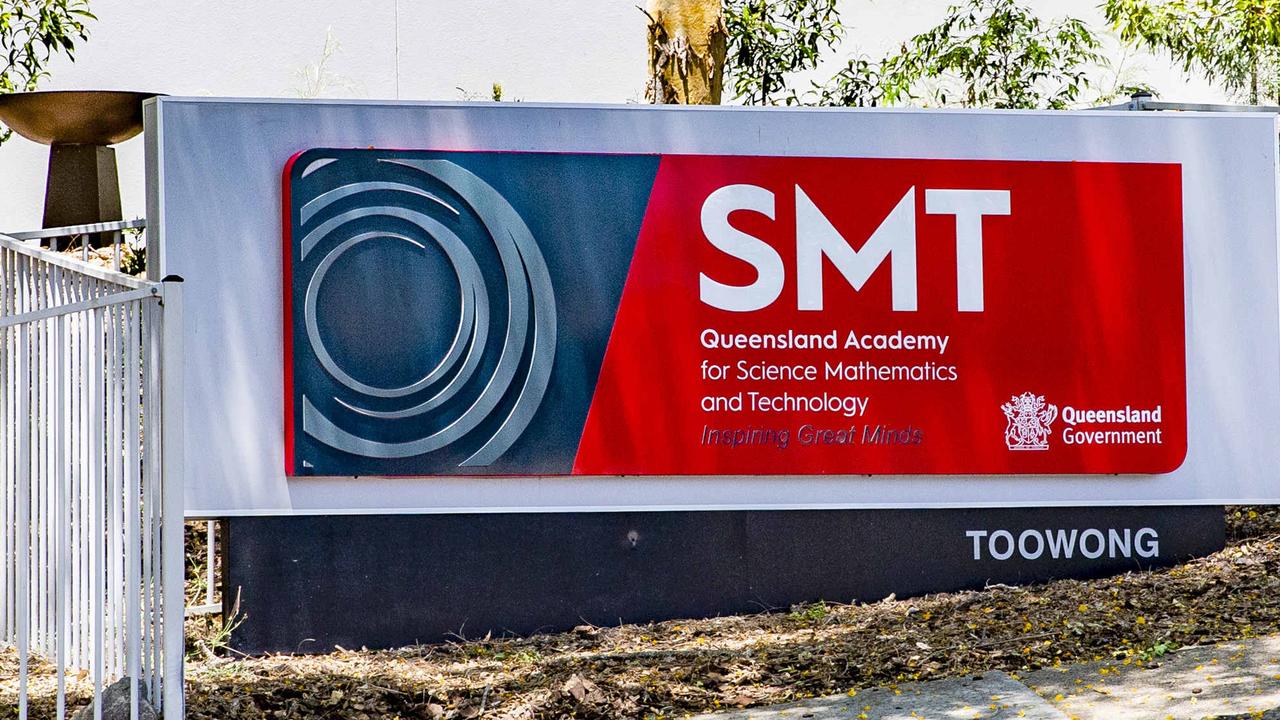New figures show one in five children starting school don’t have the skills to learn properly
LITERACY levels of Australian children are worsening in a “slow motion disaster”, with new analysis revealing one in five kids who began school this year don’t have the skills to learn properly.
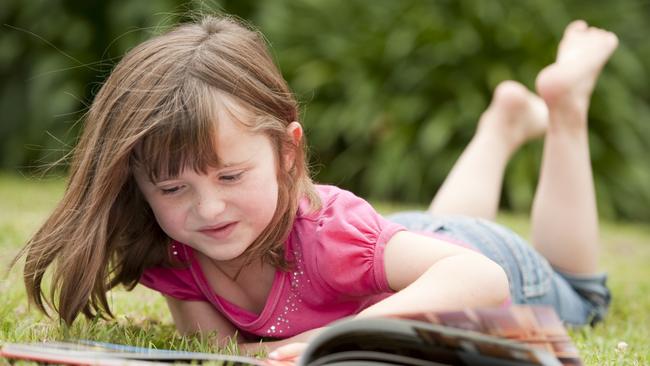
QLD News
Don't miss out on the headlines from QLD News. Followed categories will be added to My News.
LITERACY levels of Australian children are worsening in a “slow motion disaster”, with new analysis revealing one in five children who started school this year already don’t have the skills to learn properly.
The shock finding is contained in yet-to-be-released work by the Centre for Independent Studies that cements the fact a young child’s vocabulary is one of the most powerful predictors of later school success.
EDUCATION: How to future-proof your children
SKILLS GAP: One in 10 trainee teachers fail literacy and numeracy tests
But 20 per cent of students, and 30 per cent from disadvantaged areas, don’t understand enough words when they enter school to be able to learn how to read or follow other subjects properly.
Education Minister Simon Birmingham has seized on the new findings to call on parents to make reading a priority, saying they have to be part of the solution to Australia’s lagging literacy levels that have fallen behind other countries since 2000.
“We’re absolutely at a critical point where we do need to ensure that Australian parents recognise that they all have responsibilities that sit alongside what happens in an early learning context and in a school environment,” Senator Birmingham said.
FREE: THE CAT IN THE HAT BOOK AND DR SEUSS 14-BOOK COLLECTOR CASE STARTS SUNDAY, FEBRUARY 7, WITH TOKEN IN PRINT EDITION OF THE SUNDAY MAIL
“There is no one, single silver bullet that can manage to turn around some of our challenges in literacy outcomes.
“We can’t expect teachers to do it all.”
Centre for Independent Studies research fellow Dr Jennifer Buckingham dubbed the slide in literacy as a “slow motion disaster rolling on” and is working on new analysis for a “Five from Five” launch in March of reading resources for parents, schools and governments.
She said children being read to learnt vocabulary; concepts like “under” and “over”; word sounds and exposed them to new words and meanings that spoken language didn’t.
“They have built up this store of knowledge so that then when they learn to read ... it really is just unlocking the codes to words they already know,” she said.
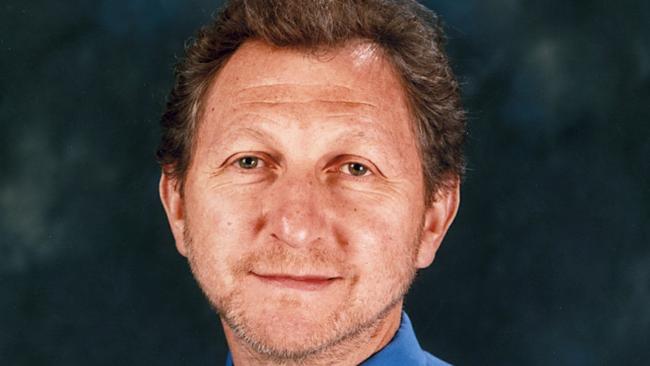
Murdoch Children’s Research Institute researcher Frank Oberklaid said reading was as vital as vaccination.
“In the same way you immunise your child against infectious disease, the best way to immunise your child against future reading failure is to read to them every day from a very young age,” Professor Oberklaid said.
Professor Oberklaid said it was not about “hot housing” or creating “baby Einsteins”, but feeding the developing brain.
* * * * * * * *
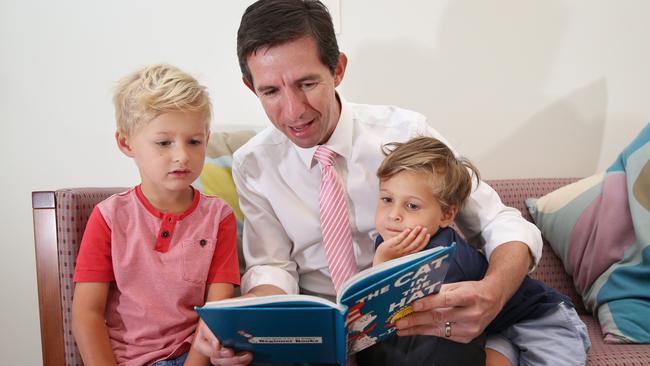
HELP US BUILD A SMARTER AUSTRALIA
TODAY, The Sunday Mail launches a unique campaign to champion the importance of reading to build a smarter Australia.
Raise a Reader is an initiative of News Corp Australia, publisher of The Sunday Mail, and online learning provider LiteracyPlanet to inspire families to act on Australia’s falling literacy standards. Campaign ambassador Jackie French, the incumbent Australian Children’s Laureate and author of more than 170 books, said high standards of literacy were crucial.
“Reading is the gateway for the future of our children and the planet,” said Ms French, the 2015 Senior Australian of the Year.
As part of the campaign, News Corp Australia will donate 10,000 books to the Smith Family to distribute to children in their reading support programs.
News Corp Australia managing director for metro and regional publishing Damian Eales said with more than 3.5 million students returning to school, February was a critical month on the national literacy calendar.
“It is also the perfect time for parents and caregivers to start forming new habits about reading and writing in the home,” he said.
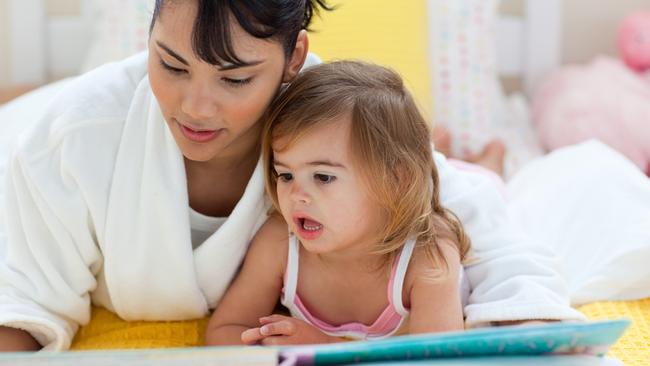
* * * * * * * *
THE FACTS
* 20 per cent of Australian students are deficient in vocabulary on entering school, rising to 30 per cent for those in disadvantaged areas.
* Parents in professional employment speak 2000 words an hour to their toddlers, compared to 600 words an hour for those in welfare-dependent homes.
* Children in advantaged households have heard 30 million more words than their peers by age 4 and developed a spoken vocabulary twice as big.
* Reading to children three to five days a week has the same effect on reading skills at age 4 and 5 as being six months older.
* Reading to children six or seven days a week has the same effect as being 12 months older.
Source: Research correlated by the Centre for Independent Studies


